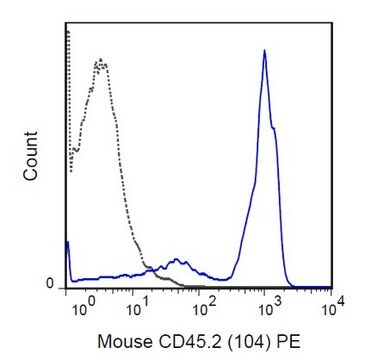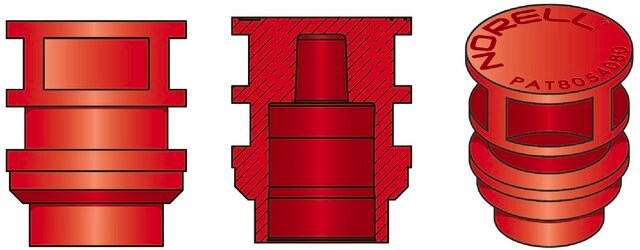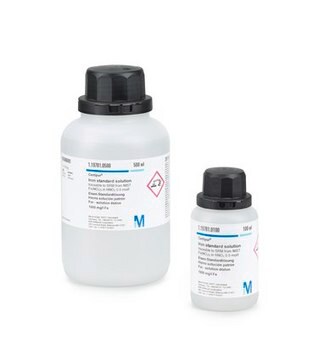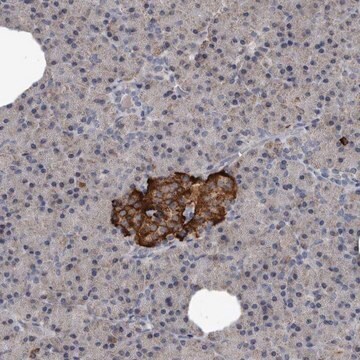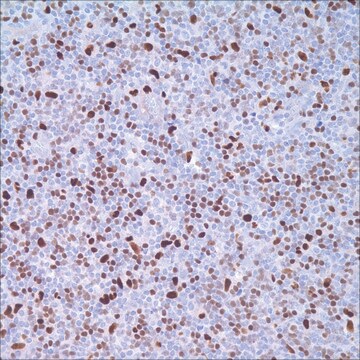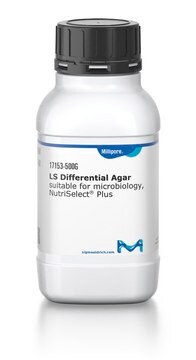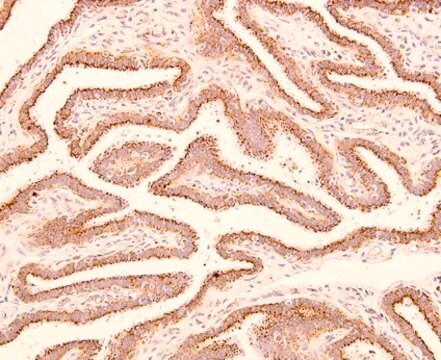MABS62
Anti-GREB1 Antibody, clone GREB1Ab
clone GREB1Ab, from mouse
Synonym(s):
growth regulation by estrogen in breast cancer 1, Gene regulated in breast cancer 1 protein, protein GREB1, gene regulated by estrogen in breast cancer protein
About This Item
Recommended Products
biological source
mouse
Quality Level
antibody form
purified immunoglobulin
antibody product type
primary antibodies
clone
GREB1Ab, monoclonal
species reactivity
human
technique(s)
immunocytochemistry: suitable
immunohistochemistry: suitable
western blot: suitable
isotype
IgG1κ
NCBI accession no.
UniProt accession no.
shipped in
wet ice
target post-translational modification
unmodified
Gene Information
human ... GREB1(9687)
General description
Immunogen
Application
Immunocytochemistry Analysis: A previous lot was used by an independent laboratory in IP. (Hnatyszyn, H., et al. 2009). Breast Cancer Res Treat
DOI 10.1007/s10549-009-0584-x.)
Signaling
Apoptosis & Cancer
Hormones & Receptors
Quality
Western Blot Analysis: 0.5 µg/mL of this antibody detected GREB1 on 10 µg of MCF-7 cell lysate.
Target description
Physical form
Storage and Stability
Analysis Note
MCF-7 cell lysate
Other Notes
Disclaimer
Not finding the right product?
Try our Product Selector Tool.
Storage Class
12 - Non Combustible Liquids
wgk_germany
WGK 1
flash_point_f
Not applicable
flash_point_c
Not applicable
Certificates of Analysis (COA)
Search for Certificates of Analysis (COA) by entering the products Lot/Batch Number. Lot and Batch Numbers can be found on a product’s label following the words ‘Lot’ or ‘Batch’.
Already Own This Product?
Find documentation for the products that you have recently purchased in the Document Library.
Our team of scientists has experience in all areas of research including Life Science, Material Science, Chemical Synthesis, Chromatography, Analytical and many others.
Contact Technical Service